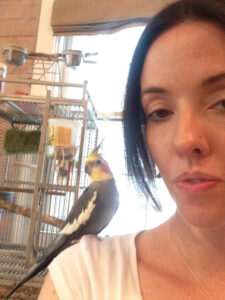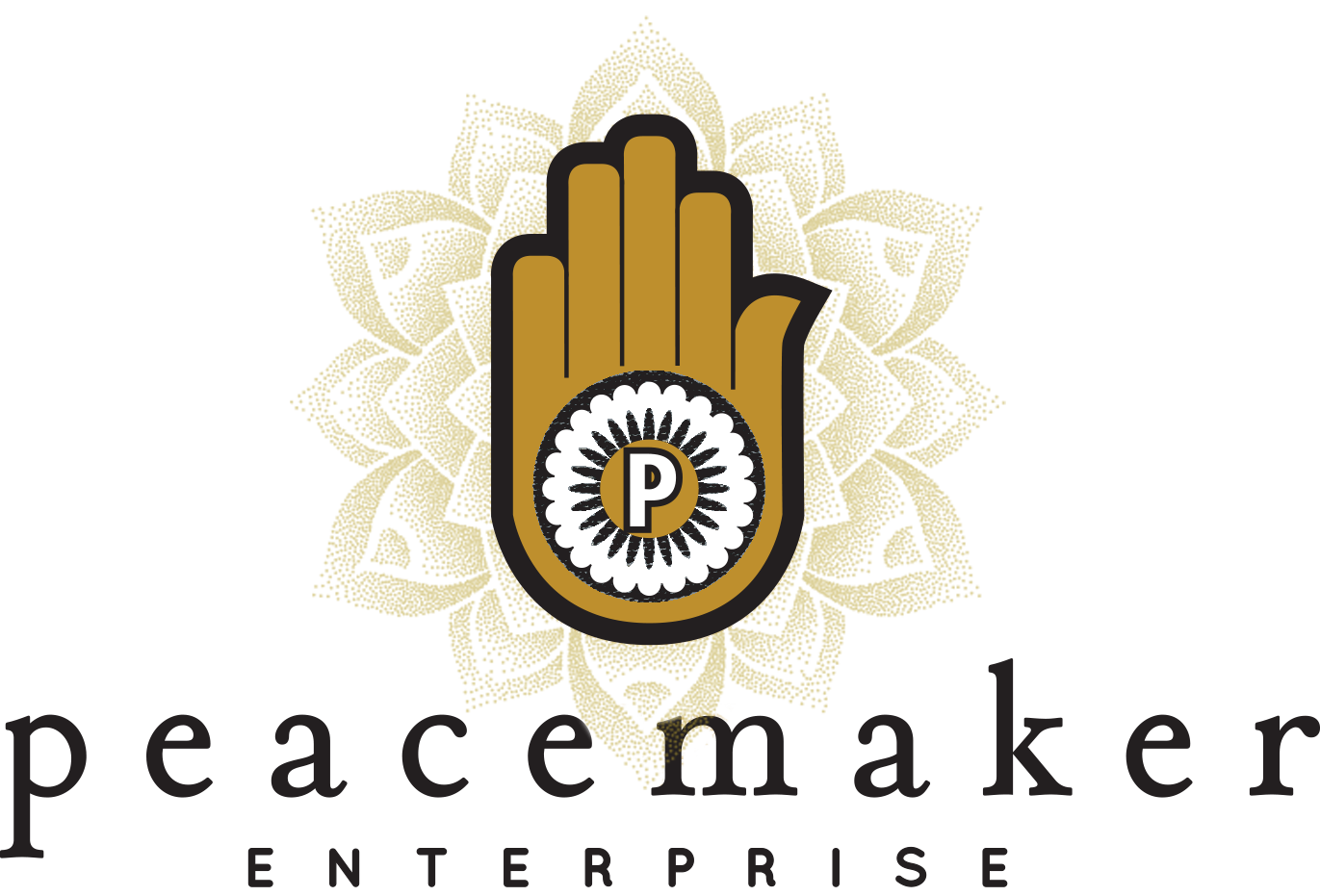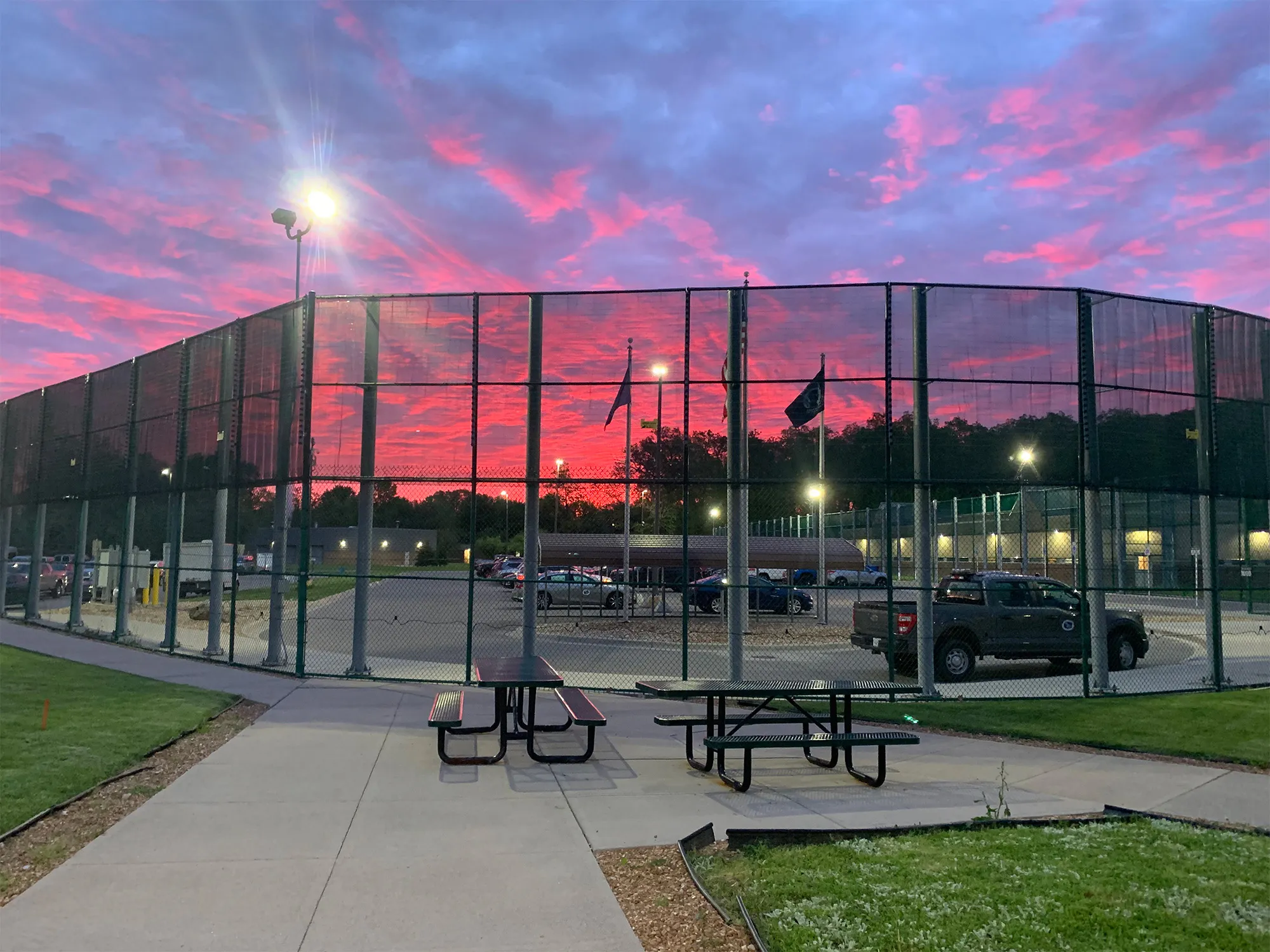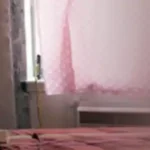Photo courtesy of Michigan Department of Corrections
This story is a classic example of how flawed the American prison system is. The system was rooted in historical trauma of chattel slavery and over the centuries has become a powerful financial industry of oppression and systemic trauma. The prison system releases million of people who will live their lives in a maze of untreated trauma and rejection and then expected to become “normal citizens” which is another classic situation for generational recidivism.
~ Hitaji Aziz
I’ve Spent More Than Half of My Life in Prison
I was incarcerated at 15 years old. Now I’m 34. It has been a challenge to discover who I am behind bars.
by Christopher Dankovich
This article originally appeared on Prison Journalism Project on August 12, 2024.
For more than half of my life, I have not been free.
I was sent to prison when I was 15 years old for second-degree murder, a crime I truly regret. I began my sentence at Thumb Correctional Facility, in Michigan, on what was called the “youthful offender” section on the north side of the prison, in cellblocks that were originally designed for maximum security adult prisoners.
I was housed with other teenagers, along with men in their 20s, many of whom had entered the system as teens. The youthful offender side was full of gangs, daily fights, and weekly assaults with weapons. Kids were frequently hospitalized due to the violence.
After I turned 19, I was transferred to the adult cellblocks. I entered an environment defined by numbing daily routines. Every day I languished on a bunk bed for hours, walked endless laps around the same yard, went every day to the same GED tutor prison job, then did it all again and again and again. Thousands of days just like this, interspersed with moments of terror — like the times I was confronted by linebacker-sized sexual predators and violent gangs, or locked in cells with men who were severely mentally ill or full of rage.
In spite of the hardships, I maintained a fervent desire to do better than I had before coming to prison. After my arrest, I came to understand the full impact of the harm I had caused, the way that bad choices can continue to reverberate through the lives of those I love. Those who stayed on my side had been worn out by my actions. I didn’t want to be that person anymore. In my worst moments, this was the fire that sustained me.
The perilous early years
In my early prison years, I struggled. I fell into bad habits, taking up negative attitudes, the coarse prison lingo, the anger, aggression, arrogance and resentment that oozes from the collective prison mindset. Prison teaches that these are the measures of a man. I held a mentality that pitted myself against everyone. I felt frustrated at everything.
When I came to prison, the other possibilities I imagined for myself as a teen — going to college and becoming an artist — disappeared like clouds fading in the wind. For the next two decades, I fantasized about the possibilities of who I could have been. I felt lost, alone, and, in part because of a lifelong stutter, I struggled to communicate and make friends.
But I couldn’t wallow in self-pity. I had to learn to defend myself from grown men who wanted to hurt, rob and extort me.
In my first couple weeks in the youthful offender section, a grown man attacked me. Another man wanted to fight me because I was hired to tutor math for the GED and that meant, according to him, I thought I was “special.” One gang surrounded me and threatened to stab me to death if I didn’t pay them. I told them to do it. I was too frustrated and lonely to care much about my own life, and I certainly wasn’t going to spend decades paying others for safety. Unexpectedly, my response made them back off.
When I was later moved to the adult side of the prison, I avoided being sexually assaulted by a humongous man only because other prisoners I had gotten to know came to my aid, surrounding him and letting me know that they had my back.
Beginning to better myself
A couple years into my sentence, I began to better myself. I realized that I didn’t truly know what I thought I knew. I wanted to be smarter and wiser. I read nonstop. I began to meet fellow prisoners who had done something with their lives.
Even though I was surrounded by violence and depravity, I saw others who were at peace with themselves, who seemed to be happy and thriving. I was drawn to a man named Doug, who had written a book that had been published and who had earned his bachelor’s and master’s degrees in prison via scholarships, and who mentored me in writing. I met DB, an incredible artist who encouraged me to draw and paint. In these men, I caught a glimpse of a different way of living inside.
I became a tutor, a teacher and a facilitator in the prison’s GED classes, anger management classes and a mentorship program with youth from the outside. I trained as a chef in one of the prison’s vocational courses and was hired to teach cooking. I taught and made specialty dishes, including chicken piccata and marsala (with improvised wine substitutions made of juices and dashes of vinegars and citrus), souffles and gourmet desserts.
I practiced my speech whenever my cellmate was away, and eventually overcame the stutter that had affected me my entire life. Through writing, I expressed myself and began to feel heard for the first time. I started getting published.
Some of this I was able to do on my own, some with help from prison volunteers, from other prisoners, and from my family and friends. My father supported me through all my endeavors and funded many of them. My aunt and uncle nurtured me and visited me inside. A lifelong friend named Susan encouraged me and sent books to help me with whatever I was pursuing at the time. I did the work, but I couldn’t have done it without their motivation, opportunities, help and education.
A constant struggle
But even as I grew physically and mentally, I still struggled each day. The older I got and the less naive I became, the less danger and negativity I faced from others in prison. But most days I continued to feel overwhelmed by the prison environment — the way I was still defined by the brutality and deprivation that completely surrounded me.
I held on to frustration and anger over my past and situations in prison I wished I had handled with more bravery or maturity — standing up for myself, letting some minor things go. I fretted over the mistakes I had made and the parts of my life I threw away as a result. I felt envy for those on the outside with privileges I never enjoyed.
In prison, I ventured as far as I could through sheer will. But underneath it all, I was miserable. I would put on a tough exterior and then cry myself to sleep most nights. I was nonchalant throughout the day and screamed into my plastic pillow whenever alone. I felt surges of anxiety, looking for excuses to get away from others to try to breathe. I was often impatient with my friends, and did everything I could to avoid all others.
Then, in 2020, I nearly died.
A terrible threshold
I stopped breathing on the floor of my cell due to pneumonia caused by COVID-19. As the world went completely black, I thought to myself, “I’m going to die on a prison floor, and this is the culmination of my life.” Then there was a tunnel of light. I was somewhere else, somewhere that had once been like a home to me, in front of the apple tree that my grandfather had planted. I heard a noise, like a voice in the wind, whispering, “You will know them by their fruits.”
During the next year, as I recovered from lung and heart damage, some of which was permanent, I reached that terrible threshold: I had spent over half my life incarcerated. Time kept going, but my near-death experience took my mind in a different direction. It taught me that I wanted to live. It taught me to be present in the moment, right now, even if that moment is in prison. And the voice I heard in the wind told me to step outside of myself, and told me how to evaluate myself and others. You will know them by their fruits.
Today, I have a sense of true peace for the first time in my life. It’s not because my life is easy, or because I don’t think about my difficult past. It’s because I no longer harbor illusions about myself or the world around me.
Envy and frustration contributed nothing to my life. Anger and violence improved nothing, and only ended up hurting those I love. I deeply regret my past, but all of my thoughts about the thousand ways I could have lived instead haven’t created a single opportunity to do so. And my past trouble in accepting my environment never removed any time from my sentence. All I can do is be here now.
Every day, in spite of my surroundings, I find blessings. Even in prison, I witness sunsets outside on the recreation yard. Sometimes the reflection off the razor wire is actually quite beautiful. I smell wildflowers that manage to bloom in the grass of the common areas of the prison. These days, my family and friends find me more enjoyable to talk to. After nearly 20 years in prison, I still have people who tell me they love me.
Testimonial

“I have been seeing the wonderful and powerful Hitaji Aziz for several months for her specialized reiki sessions. One of the things I noticed right off the bat was for the next few weeks after my appointment the reiki energy would pop up when I needed it mostly during stressful moments. It stays with me after I leave her office.
The energy has a presence, and it would remind me to surrender when needed and not fight so hard. Every session is different. There are times that I see ancient ancestors and more recent ancestors who have crossed over. I can feel my guides keeping me feel safe on a deeper level.
My mother Pat Greer, who owns Pat Greer Kitchen came with me to my last session . We have a very close relationship, and this energetic experience added a whole new level of healing and closeness for me and my mom.
My mother and I called forth our personal guides as spiritual facilitators working with Hitaji and her guides. It was an amazingly effective session for two generations holding space for me.
Hitaji is a gifted culturally sensitive, intuitive, compassionate energy healer. Her tools have helped me to release negative energy and fatigue that my body holds onto. Her work encourages my nervous system into a deep relaxation that gives my body space to heal.
Hitaji ended the session with her voice, which is another tool that she will sometimes use. This time she used humming, and I could feel her humming run through my whole body.
Just being in her space is a healing experience and as soon as you walk in the door, you can feel the loving energy that envelops it. I feel grounded and safe. I am eternally grateful for her. The world is a better place because she inhabits it.”
Love,
Ashely, Holistic Esthetician



